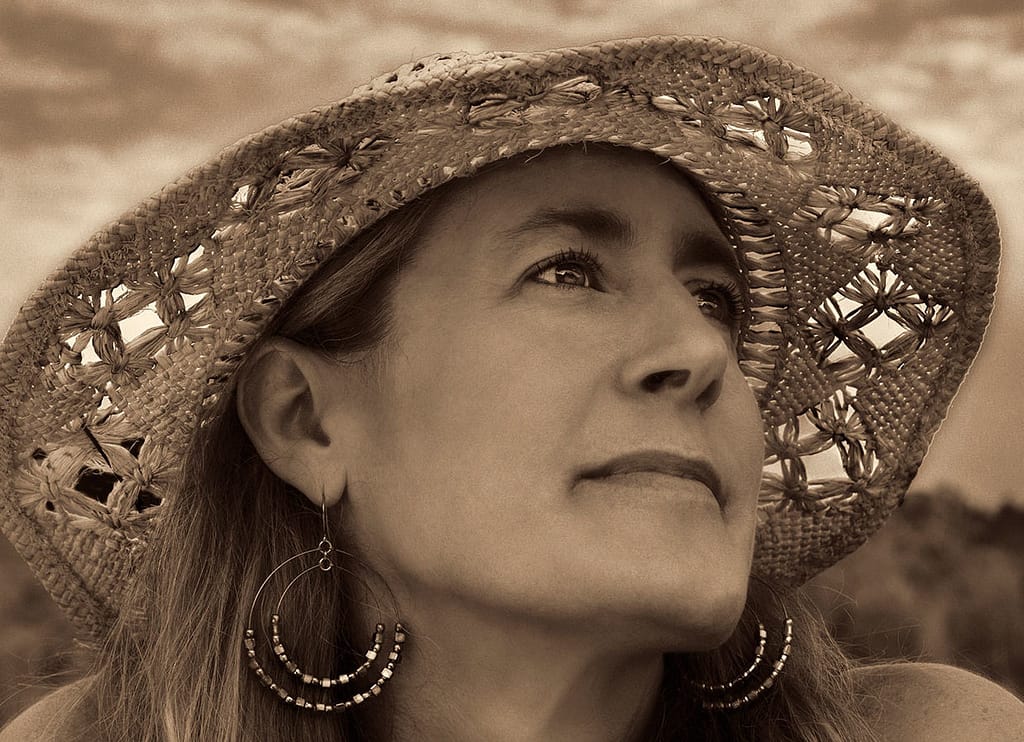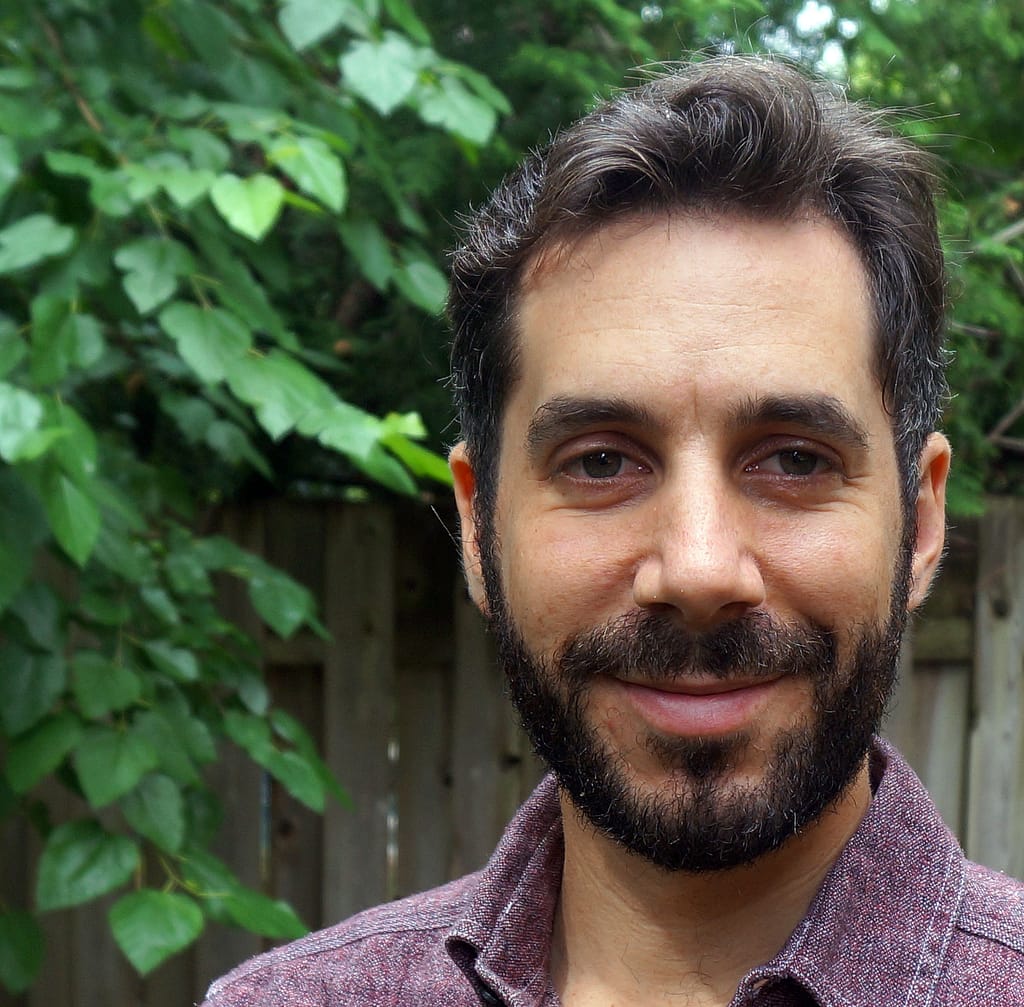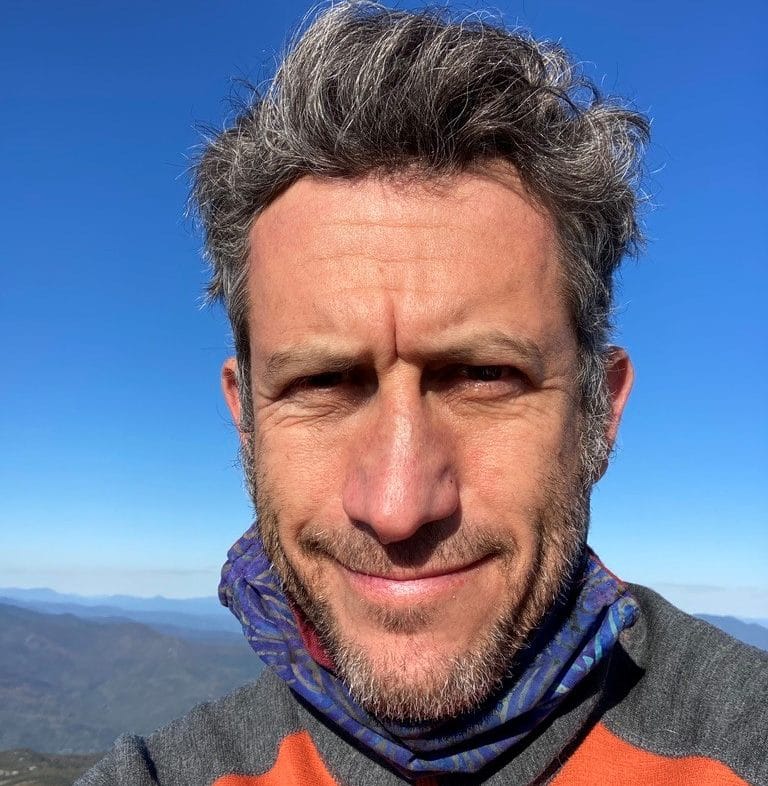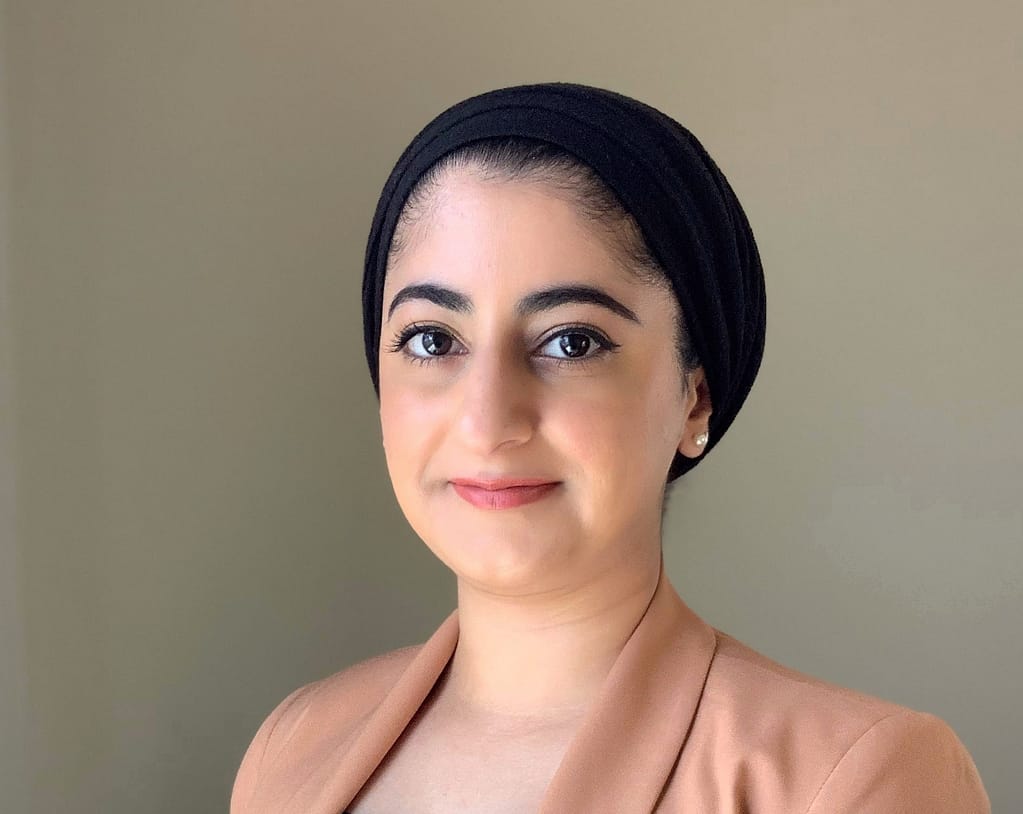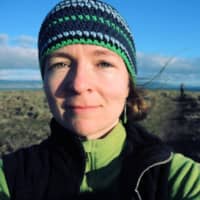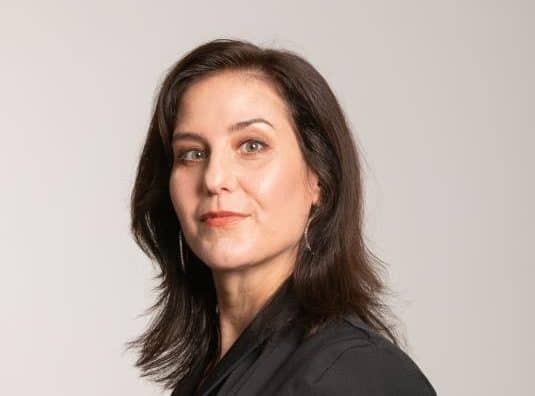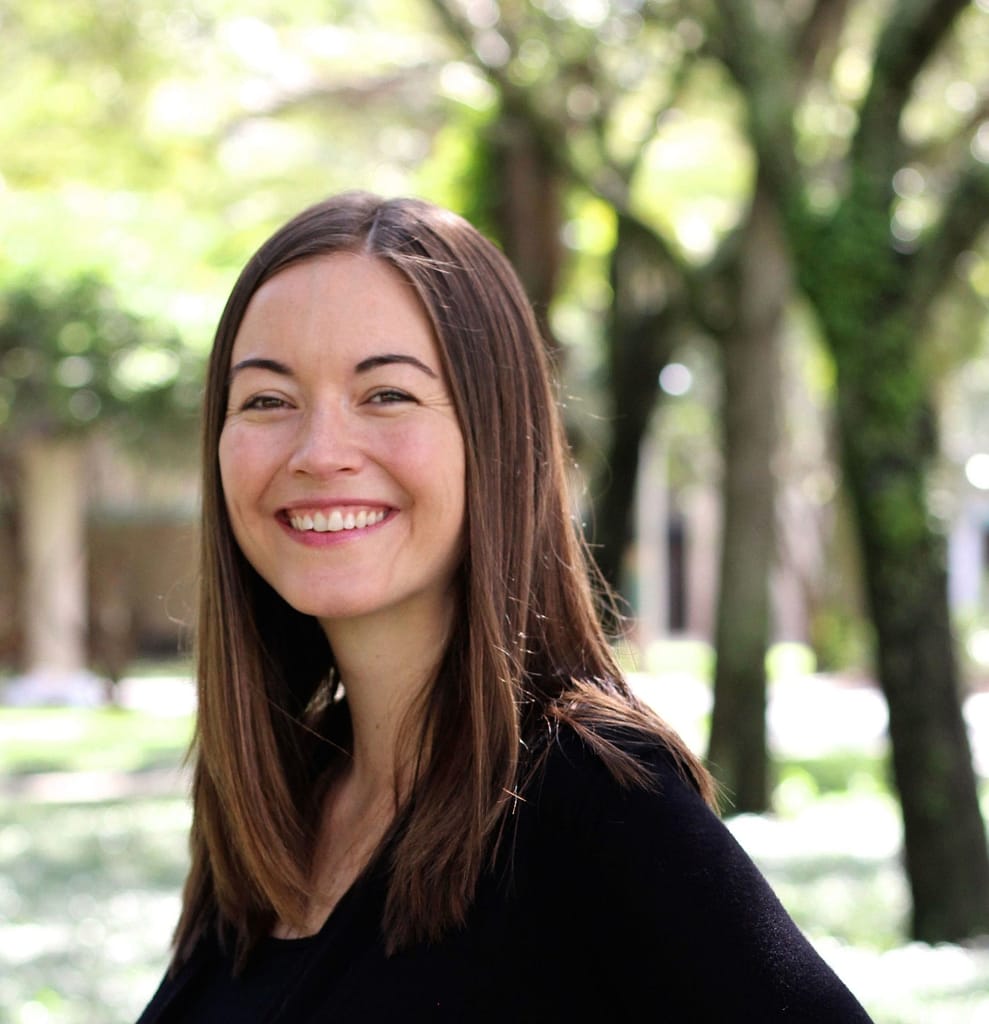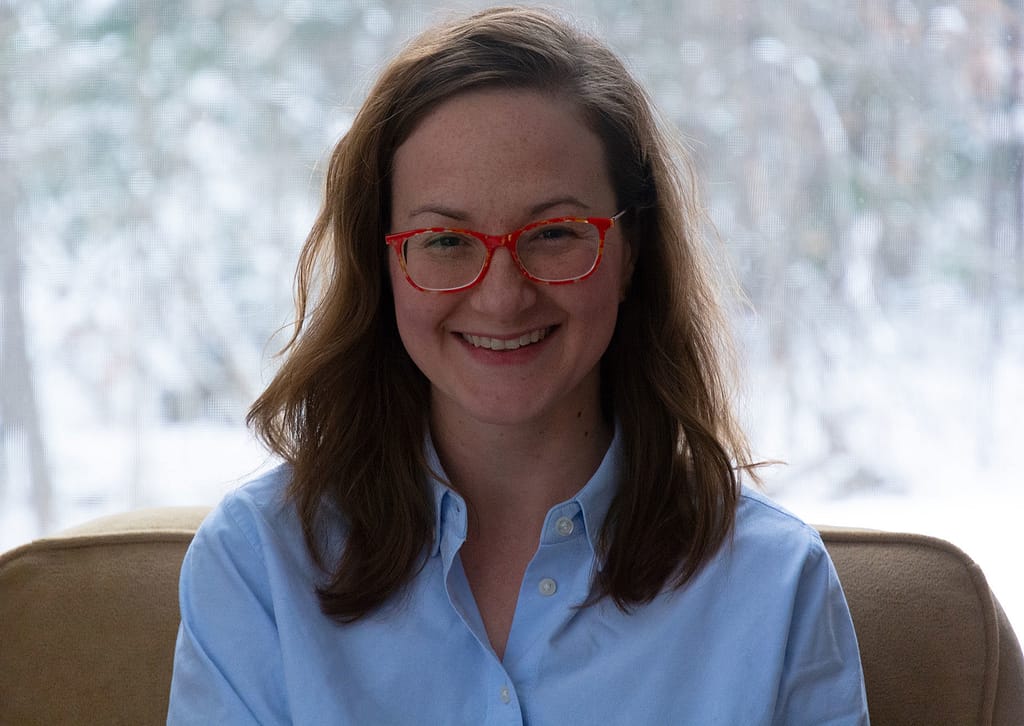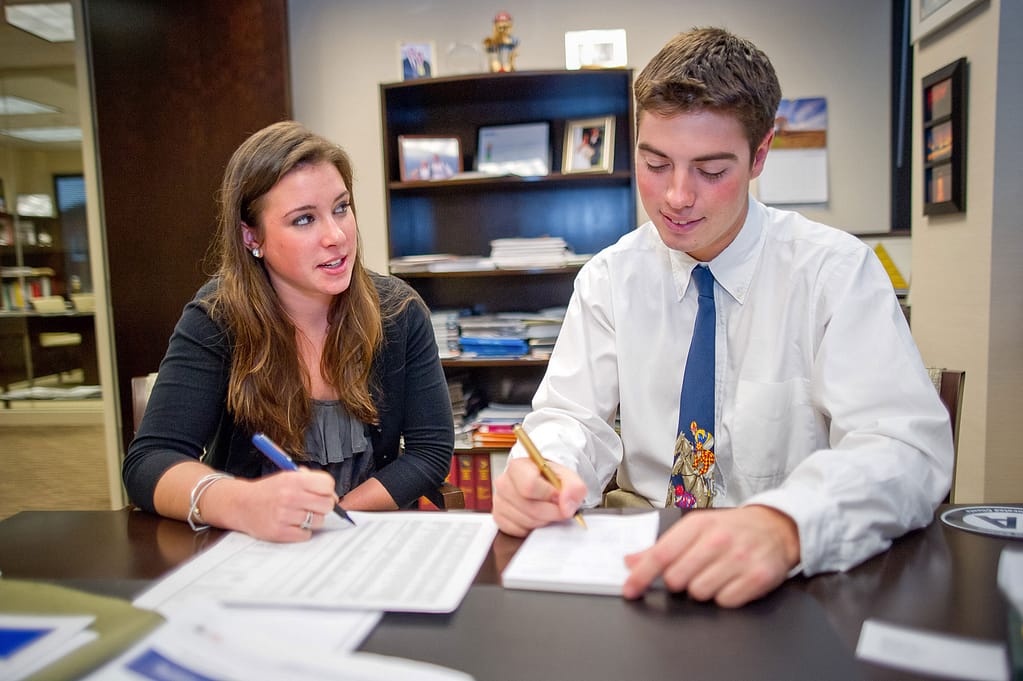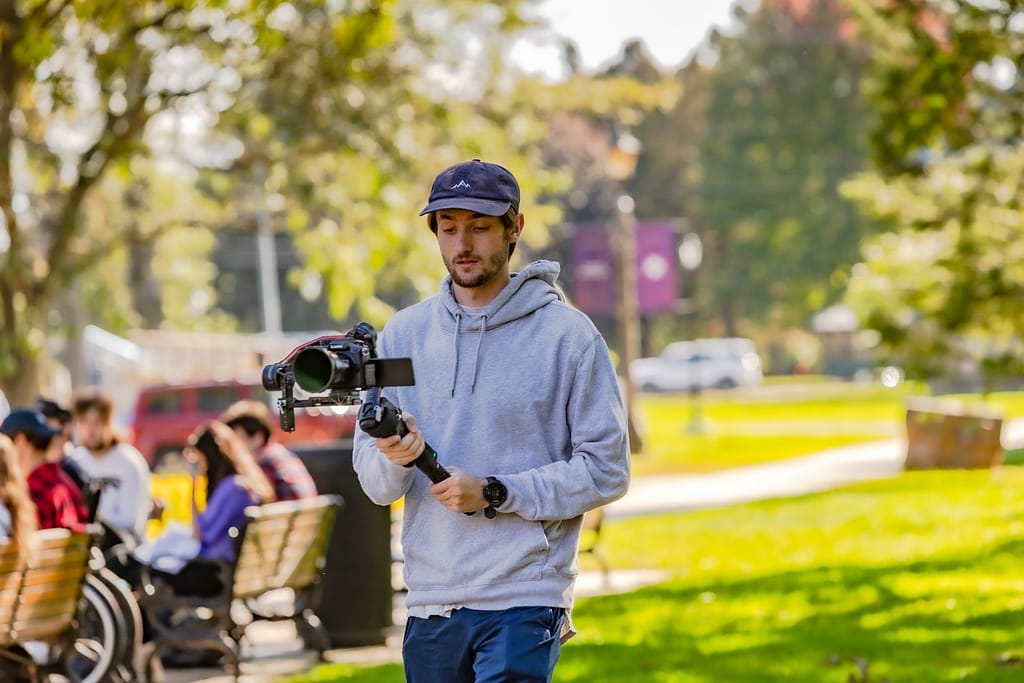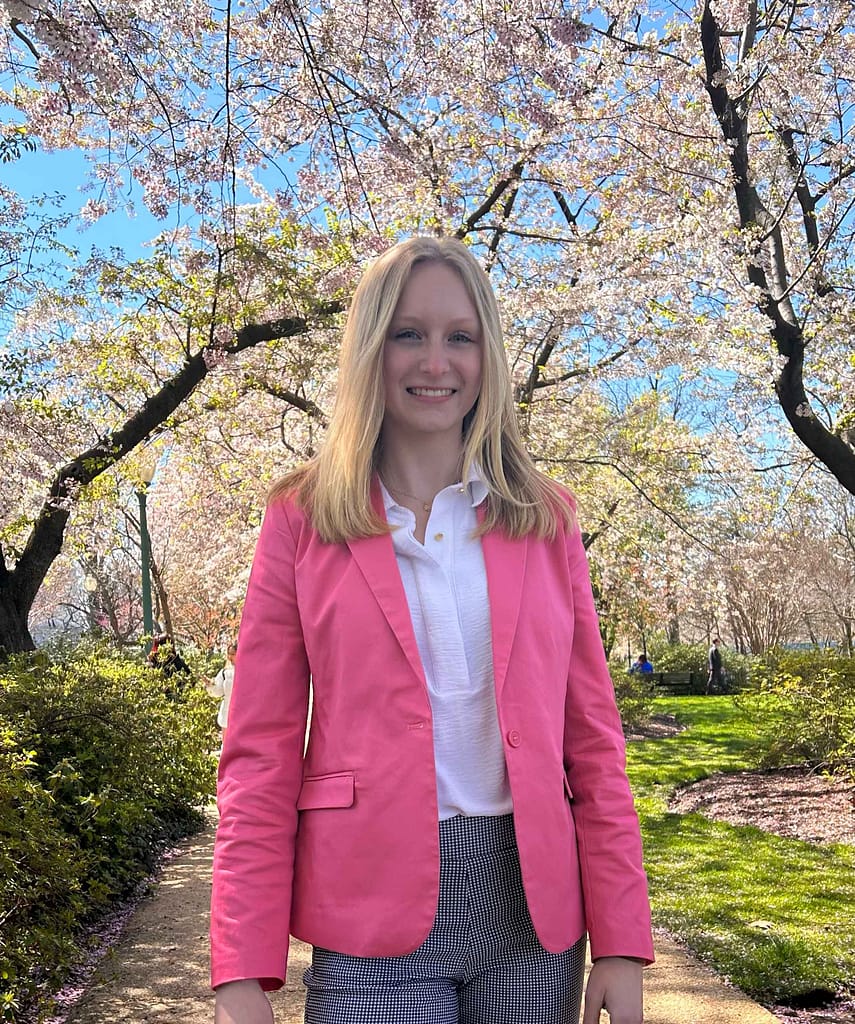About
When you major in Sociology and Anthropology at Saint Michael’s, you gain an understanding of the complexities of social life through reading, discussion, and research. Sociology and Anthropology work is conducted in the real world of ghettos, workplaces, soup kitchens, hospitals, corporations, stadiums and homes – as well as in the classrooms, library and computer labs on campus. Such study is how the wisdom of these extraordinary fields is brought to bear on understanding ourselves and our relationship to society.
In Depth
- The distribution of power and wealth – social classes, from the homeless to the extreme rich, from Guatemala to the Bronx
- Gender and social relations – social construction of masculinity and femininity, gender specialization, inequalities
- The basis of social cohesion – social integration, shared values, agreements
- The dynamics of global population change – fertility, mortality, population growth
- Modern-day cultures of the world, including Nepal, Africa, India, Australia, Europe, Japan
- Cross-cultural thinking – conceptions of the self, mind, body, emotions and what is considered “normal”
- Cross-cultural conceptions of religion, God, the divine, spirituality.
- The role of symbols in our social lives, including in non-verbal communication
- The sub-cultures of gangs and other marginalized groups – why do some groups get labeled as deviant? Why are some emulated and others scorned?
- Forces of social and cultural change – the role of industrialization, democracy, human rights.
- Global forces – what is the nature of the emerging world order?
- The emergence of social problems – how are some things made into major public issues while others are ignored?
Special Opportunities
Most of our students spend a semester abroad, many in non-Western countries, which is a requirement for the anthropology-track students. Sociology-track students all conduct formal surveys of hundreds of people from all over New England on topics as diverse as prisoner relocation to attitudes towards population growth and life satisfaction.
The Department of Sociology and Anthropology is truly cosmopolitan in the sense that we study ideas, people, and cultures from all over the world. The faculty have collectively visited and worked in over 75 countries, from Tonga in the South Pacific to Bhutan, Guatemala, India, Sudan, Brazil, Paris and the Appalachian south.
All faculty are highly involved in their disciplines, and work closely with interested students to guide their special interests. A few recent examples:
- Dr. Kusserow brought a class of students to the Buddhist Himalayan kingdom of Bhutan to study how people react to modern media.
- Dr. Brenneman taught his summer class on “God, Gangs, and Globalization” in Guatemala, which is also the subject of his book with Oxford University Press.
- Dr. Delaney brought students to the tiny South Pacific island of Tonga to interview residents about work, family and culture.
- Dr. Bolduc traveled with 10 students to Kentucky on a volunteer housing project in Appalachia and witnessed the influence of changing coal prices at the strip mine and rates of poverty. Immigrants in Paris are another favorite study topic.
Careers
After graduation, Sociology/Anthropology majors go on to careers like:
- Community Integration Facilitator
- Case Manager
- Study Abroad Counselor
- Social Studies Teacher
- Human Resource Manager
- ESL Teacher
- Program Coordinator
- Applications Specialist
Many of our graduates choose to serve in AmeriCorps or the Peace Corps following graduation.
Graduate Study?
A substantial number of our students go to graduate school either immediately after graduation or after several years in the workforce. While some get a Master’s degree or a PhD in either Sociology or Anthropology, many more select a wide range of other fields, from Social Work to MBA’s, to Library Science and Public Health. Graduate institutions range from Yale University to the large public research universities as well as many private colleges and universities, both in the U.S. and abroad.
Internships
The department’s philosophy of learning through service extends to the internships that sociology and anthropology majors do. Many of the recent internship placements for our students are with agencies and organizations that are engaged in helping the local community:
- Burlington Community Justice Center
- Committee on Temporary Shelter
- Community Health Centers of Burlington
- Green Mountain Animal Defenders
- Make-A-Wish Foundation
- Population Media Center
- United Way
- Vermont Department of Health
- Vermont Refugee Resettlement Program
- Vermont Works for Women
- Volunteers for Peace
- Steps to End Domestic Violence (formerly Women Helping Battered Women)
In Depth
- The distribution of power and wealth – social classes, from the homeless to the extreme rich, from Guatemala to the Bronx
- Gender and social relations – social construction of masculinity and femininity, gender specialization, inequalities
- The basis of social cohesion – social integration, shared values, agreements
- The dynamics of global population change – fertility, mortality, population growth
- Modern-day cultures of the world, including Nepal, Africa, India, Australia, Europe, Japan
- Cross-cultural thinking – conceptions of the self, mind, body, emotions and what is considered “normal”
- Cross-cultural conceptions of religion, God, the divine, spirituality.
- The role of symbols in our social lives, including in non-verbal communication
- The sub-cultures of gangs and other marginalized groups – why do some groups get labeled as deviant? Why are some emulated and others scorned?
- Forces of social and cultural change – the role of industrialization, democracy, human rights.
- Global forces – what is the nature of the emerging world order?
- The emergence of social problems – how are some things made into major public issues while others are ignored?
Special Opportunities
Most of our students spend a semester abroad, many in non-Western countries, which is a requirement for the anthropology-track students. Sociology-track students all conduct formal surveys of hundreds of people from all over New England on topics as diverse as prisoner relocation to attitudes towards population growth and life satisfaction.
The Department of Sociology and Anthropology is truly cosmopolitan in the sense that we study ideas, people, and cultures from all over the world. The faculty have collectively visited and worked in over 75 countries, from Tonga in the South Pacific to Bhutan, Guatemala, India, Sudan, Brazil, Paris and the Appalachian south.
All faculty are highly involved in their disciplines, and work closely with interested students to guide their special interests. A few recent examples:
- Dr. Kusserow brought a class of students to the Buddhist Himalayan kingdom of Bhutan to study how people react to modern media.
- Dr. Brenneman taught his summer class on “God, Gangs, and Globalization” in Guatemala, which is also the subject of his book with Oxford University Press.
- Dr. Delaney brought students to the tiny South Pacific island of Tonga to interview residents about work, family and culture.
- Dr. Bolduc traveled with 10 students to Kentucky on a volunteer housing project in Appalachia and witnessed the influence of changing coal prices at the strip mine and rates of poverty. Immigrants in Paris are another favorite study topic.
Careers
After graduation, Sociology/Anthropology majors go on to careers like:
- Community Integration Facilitator
- Case Manager
- Study Abroad Counselor
- Social Studies Teacher
- Human Resource Manager
- ESL Teacher
- Program Coordinator
- Applications Specialist
Many of our graduates choose to serve in AmeriCorps or the Peace Corps following graduation.
Graduate Study?
A substantial number of our students go to graduate school either immediately after graduation or after several years in the workforce. While some get a Master’s degree or a PhD in either Sociology or Anthropology, many more select a wide range of other fields, from Social Work to MBA’s, to Library Science and Public Health. Graduate institutions range from Yale University to the large public research universities as well as many private colleges and universities, both in the U.S. and abroad.
Internships
The department’s philosophy of learning through service extends to the internships that sociology and anthropology majors do. Many of the recent internship placements for our students are with agencies and organizations that are engaged in helping the local community:
- Burlington Community Justice Center
- Committee on Temporary Shelter
- Community Health Centers of Burlington
- Green Mountain Animal Defenders
- Make-A-Wish Foundation
- Population Media Center
- United Way
- Vermont Department of Health
- Vermont Refugee Resettlement Program
- Vermont Works for Women
- Volunteers for Peace
- Steps to End Domestic Violence (formerly Women Helping Battered Women)
